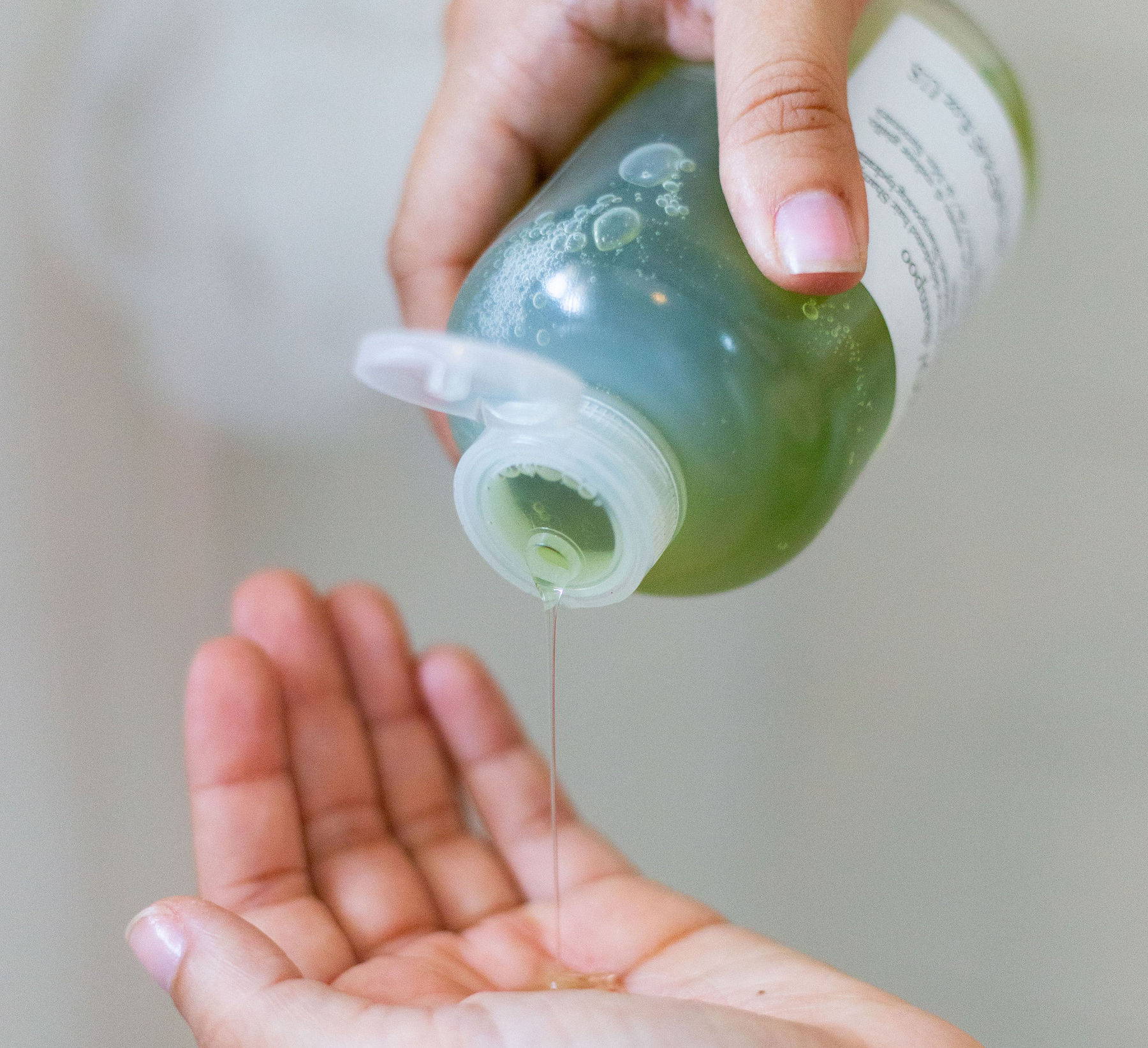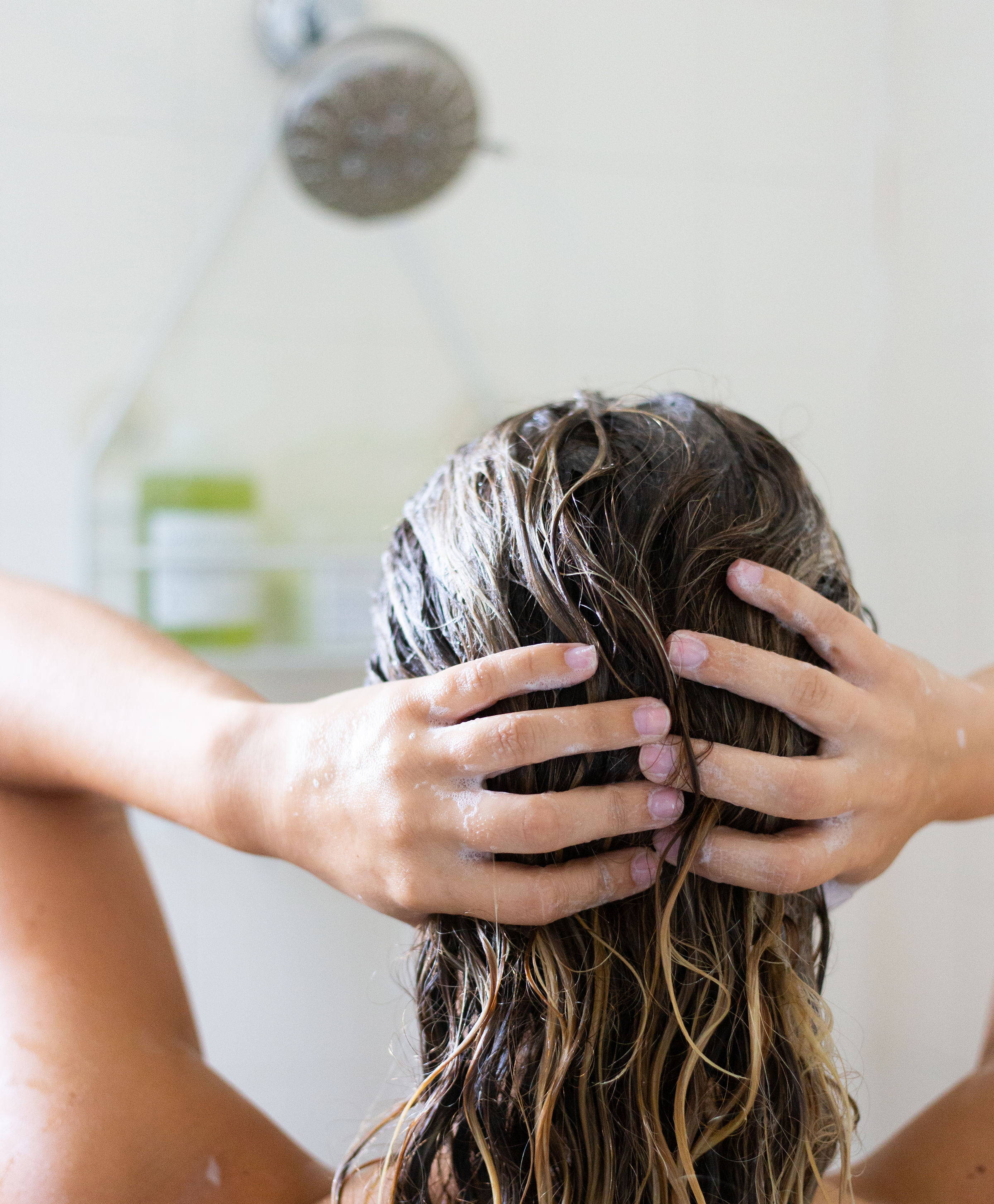With so many different hair types, textures and thicknesses out there, most people will have varying experiences about what constitutes a “normal” hair day. But if you’ve been dealing with excessive dryness or brittle hair, there are ways to remedy it to bring your locks back to a healthy and properly-nourished state.
Dry hair occurs when your hair either doesn’t produce enough natural oils to keep it healthy, or they’re being stripped away. These natural oils, also known as sebum, are responsible for nourishing the hair, while helping to properly seal the cuticle and lock in moisture and shine. And dry hair is not to be confused with dehydrated hair, which results from a lack of water.
Here are some of the most common symptoms of dry hair:













Leave a comment
Comments will be approved before showing up.